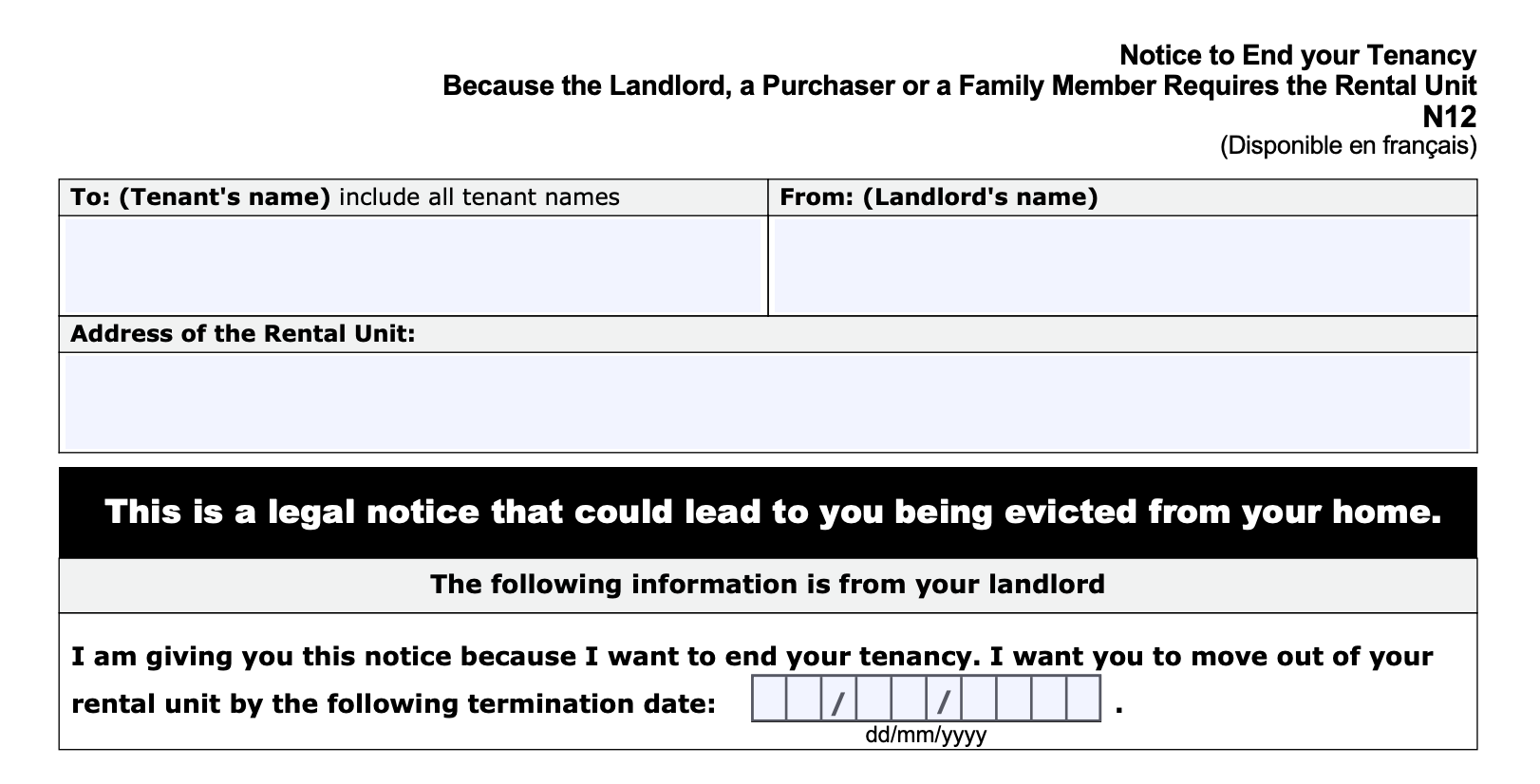Reading Time: 5 minutes
When selling tenanted property, vacant possession isn’t guaranteed—and that risk shrinks the buyer pool, hurts value, and requires careful handling.
The biggest problem with selling a tenanted property?
Your seller can’t actually guarantee vacant possession.
And that doesn’t just complicate the deal—it brings down value.
The Misconception
Some landlords think that deciding to sell means they can evict. It doesn’t.
- Selling alone is not a valid reason for eviction.
- Neither is financial hardship (like rising mortgage rates).
So if your client wants to sell, they need to understand both the legal risks and the market realities.
Two Types of Buyers
Tenanted property really only has two kinds of buyers:
- Investors willing to keep the tenant.
- End users who need vacant possession.
And right now? There are very little investors buying for rental income.
Which means the more likely buyer is an end user... and they’ll want the tenant out.
Vacant Possession and the N12
Here’s where it gets tricky.
If a buyer (or their family) wants to move in, they can serve a Form N12. And technically, the seller can serve it on the buyer’s behalf once the APS is signed.
But the N12 is just a notice—it’s not practically enforceable.

If the tenant ignores it, the only next step is an L2 Application at the Landlord and Tenant Board.
And that could take months.
So if the APS promised vacant possession and the tenant doesn’t leave, the seller is in breach of contract.
And guess what? 10 times out of 10, they’ll try to blame you.
The Risk Management Options
To manage this vacant possession risk, you would need to draft:
- A very long closing date, or
- A clause in Schedule A giving them the right to extend, or
- A buyer willing to assume the tenant if they don’t leave.
But none of these are very attractive to buyers, which shrinks the pool even further—and lowers the potential sale price.
What to Emphasize with Clients
This is why selling a tenanted property is never simple.
And most clients aren’t prepared for that reality. But your job becomes making sure they understand this:
- Vacant possession isn’t guaranteed
Serving an N12 doesn’t force the tenant out. Until the property is actually vacant, don’t promise it in the APS. - A tenant shrinks the buyer pool
Fewer buyers are willing to take on a tenanted property, and basic supply and demand means that usually drives the price down. - Cash-for-keys is often worth discussing
A negotiated N11 may feel costly upfront, but the ability to list , show and close on a vacant property can more than offset the payout.
The Realtors who prepare their clients for this are the ones who get deals done.
P.S.
Last week I joined The Tom Storey Show podcast, where we talked about this very issue—and plenty of other real estate stories along the way. Tom even shared his own experience dealing with a tenanted property.
If you want a deeper dive (plus some laughs), you can watch the episode here 👇
Zachary Soccio-Marandola
Real Estate Lawyer
Direct: (647) 797-6881
Email: zachary@socciomarandola.com
Website: socciomarandola.com
1. Real Estate Closings
I represent clients across Ontario in the purchase, sale, refinance, and title transfer of their property—with real accessibility, valuable insights, and all-inclusive pricing.
🏠 Get an Instant Quote
2. Free Consultations
I offer free consultations for our Realtor subscribers—whether it’s a tough clause, red flag in an offer, or you just want a legal perspective before submitting.
👨💻 Book a Free Consultation
3. Speaking Engagements
I speak at team meetings, brokerage trainings, and events to share legal insights, and help Realtors identify issues before they become costly problems.
🎤 Invite Me to Speak